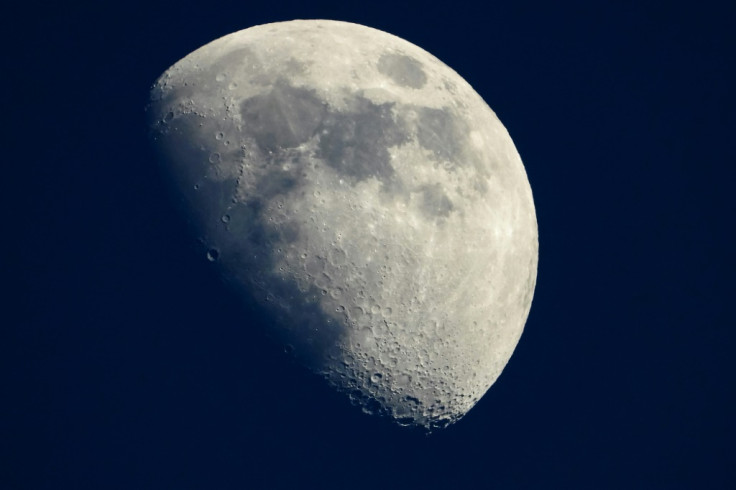Sperm bank in space: Scientists consider building "ark" on moon to store 6.7 million sperm specimens
Due to the instability of the planet Earth, a repository of specimens on the planet would make the specimens vulnerable.
Preserving life on earth is on the minds of scientists as they prepare to store 6.7 million sperm cells and ova, not on earth but on the moon.
A group of scientists laid down their plans about providing the world with a "modern global insurance policy." They are now in the stage of planning for the establishment of a sperm bank which can safely store reproductive cells, both sperm and ova, coming from 6.7 million species on earth. This will preserve the cells for both humans and animals.
The target location for the sperm bank, as reported by New York Post, will be beneath the moon's surface.
Jekan Thanga, the study's author, along with a team from the University of Arizona, submitted their report to the annual Institute of Electrical and Electronics Engineers (IEEE) Aerospace Conference on Saturday. He stated that the Earth is a naturally volatile environment.
The report, titled, "Lunar Pits and Lava Tubes for a Modern Ark" noted that because of the instability of the planet Earth, a repository of specimens that would be established on earth would make the specimens vulnerable. Because of this premise, Thanga proposed to set up a human seed vault on the moon. For him, it is a means to "jumpstart a planetary exodus."
Thanga's proposition is to store the reproductive cells in lunar pits. Scientists discovered these pits just recently and they believe that lava once flowed through these pits, billions of years ago.
In the presentation, it showed that the sperm bank on the moon will cryogenically preserve different species in case a global disaster would occur. Thanga noted that the pits can provide the perfect storage space for reproductive cells.
The ark will go down approximately 80 to 100 meters underground. The pits will then "provide readymade shelter from the surface of the moon" that can endure major temperature swings. They will also be safe from radiation and meteorites.
The Svalbard Global Seed Vault already employs the "ark" concept in housing plant seeds. It is found on the Norwegian island of Spitsbergen. Scientists say that the stone structure can endure, and will remain undisturbed by elements including humans.
© Copyright IBTimes 2025. All rights reserved.






















